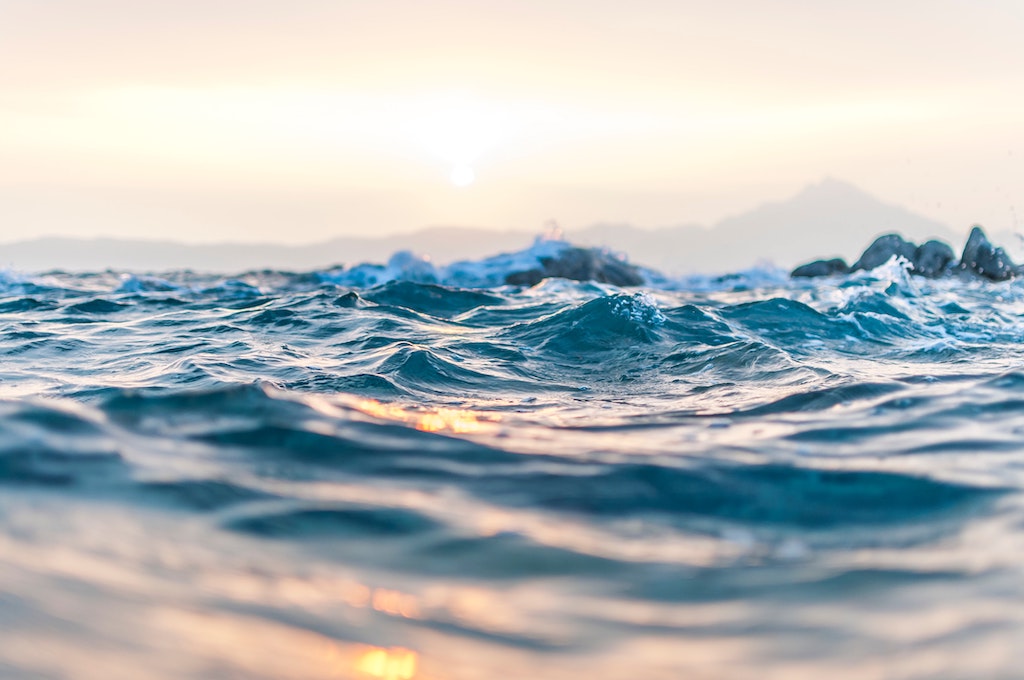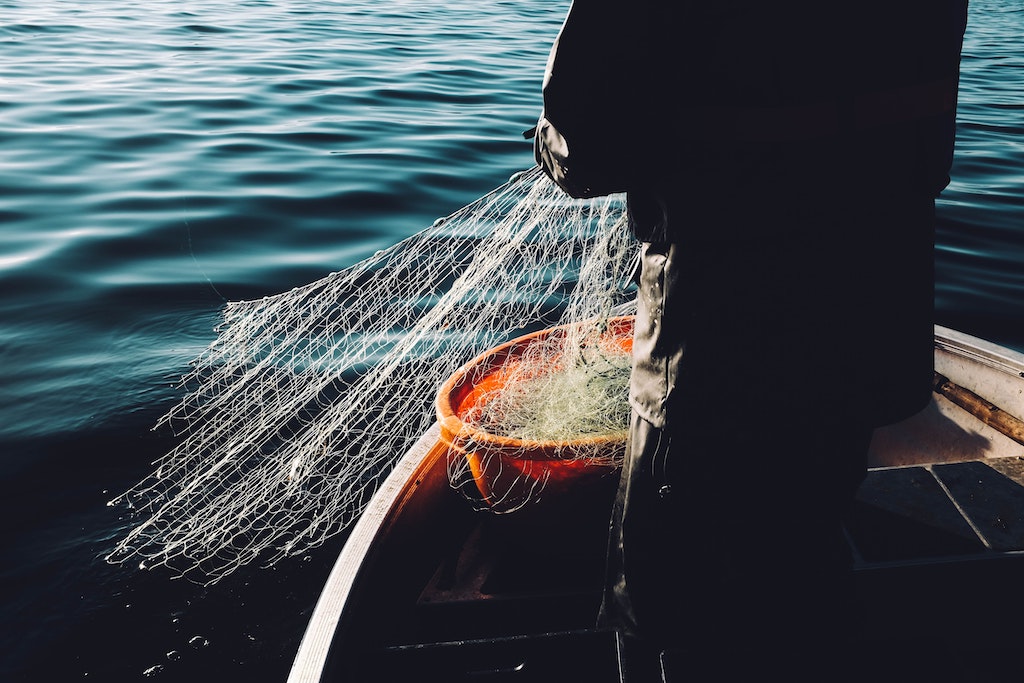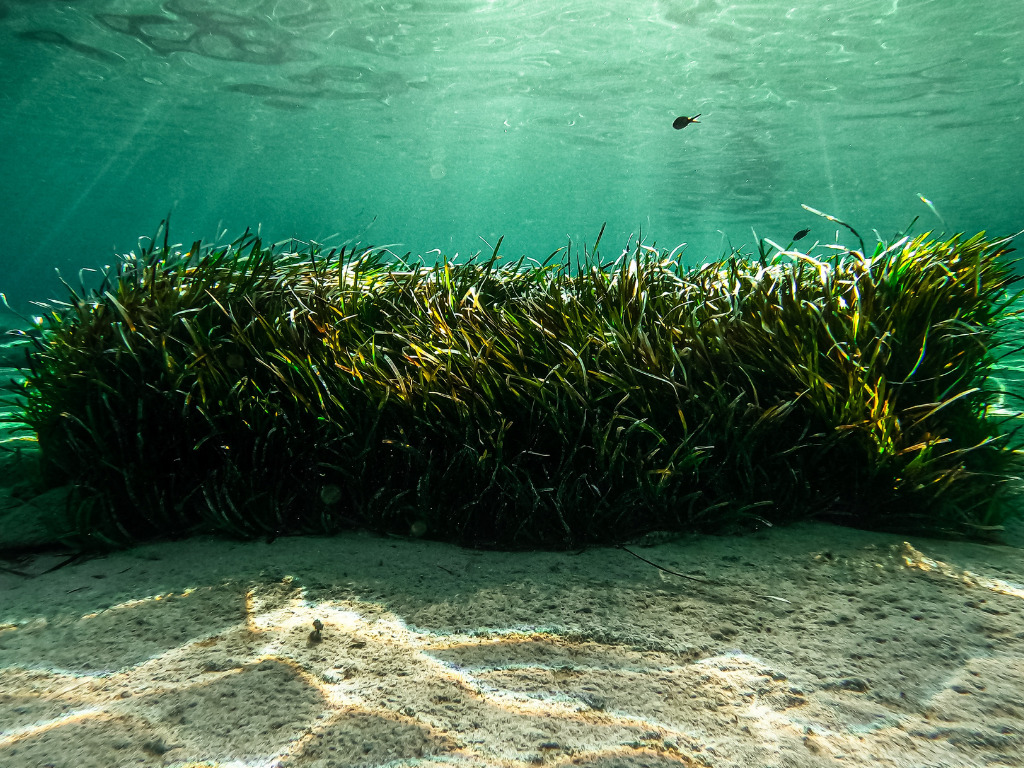The U.N.’s ‘Blue Deal’ Aims to Replace Overfishing With Seaweed Farming: ‘This Is the Perfect Time’
3 Mins Read
The United Nations moves to build a “Blue Deal” coalition that will preserve oceans and create a sustainable, seaweed-based ocean economy.
Ahead of the 2022 UN Ocean Conference taking place in Lisbon in June, the United Nations Conference on Trade and Development (UNCTAD) says a “Blue Deal” coalition will create a sustainable and resilient ocean economy.
A new ocean economy
“The ocean’s economic, social and environmental value can help us recover better from the pandemic and cushion us against future crises,” UNCTAD Secretary-General Rebeca Grynspan said in a statement. “But we have to find the right balance between benefitting from the ocean and protecting its resources.”
Grynspan points to seaweed farming for food, biofuels, and cosmetics as a major source of income and a sustainable alternative to destructive industries like fishing and oil drilling. It also cites algae-based biomass materials as holding great promise.

A course for the UNCTAD-led Blue Deal coalition will be charted during the Oceans Forum taking place this week ahead of the Lisbon conference.
According to UNCTAD, the forum will examine how the “Blue Deal” could build a resilient ocean economy while also boosting the health of oceans, particularly as rates of plastic pollution continues to rise. Nearly half of the current global population makes their livelihood in ocean-based goods and services, with a current value estimated at more than $2.5 trillion.
UNCTAD says the ocean economy is expected to double in size by 2030. But it says investments are needed to boost new sectors like seaweed farming. It says farming just two percent of the oceans could provide enough protein to feed a global population of 12 billion.
Regulating ocean health
Ocean health is critical, says the UN-led coalition, but it’s rapidly deteriorating, with 34 percent of global fish stocks dropping to “biologically unsustainable” levels, UNCTAD says.
“Gaps in ocean governance need to be filled, including efforts to regulate fisheries subsidies, which averaged $10 billion over the last decade among industrialized countries and could be as high as $35 billion worldwide,” UNCTAD says. “Of that, $20 billion directly contributes to overfishing.”

The fishing industries currently pull bout three trillion fish out of oceans every year compared to the 60 billion farm animals raised on land in a year. The fishing industry is also the largest contributor to the ocean plastic pollution problem with ghost gear—abandoned nets and other gear—making up about half of all plastic pollution.
UNCTAD says without a global accord, Sustainable Development Goal 14 “and its promise of a resilient and beneficial ocean economy” will not be achieved.
“This is the perfect time to set a new direction by investing in sustainable ocean-based economies,” Grynspan said.
The announcement comes on the heels of the IPCC’s latest report installment, which calls for major drops in CO2 emissions before the end of the decade. It also follows a recent resolution by U.N. member nations aimed at curbing global plastic pollution.
Lead image courtesy Alexandros Giannakakis on Unsplash



